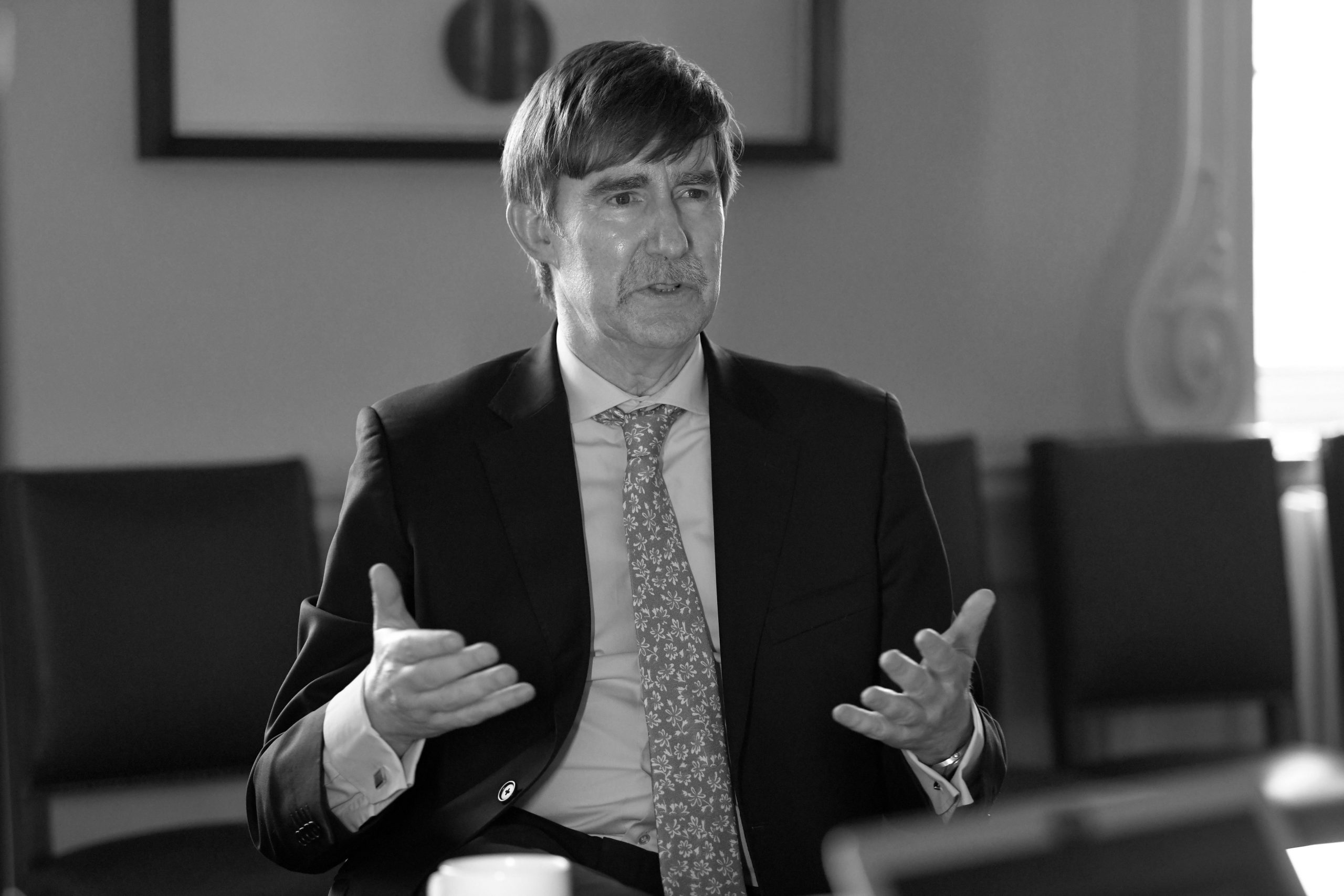It is a tough job being the director general of the Law Society. And Ken Murphy has an anecdote to prove it. He remembers a particularly frenetic week in the late 1990s when the number of dinners he was eating on behalf of the solicitors’ representative body was so high, it had become a health and safety issue. Murphy did the sensible thing and checked himself in for a medical in the Blackrock Clinic, which, with approval, he expensed to the Law Society. The good news was that everything was right down the fairway, health-wise. At the end of the…
Cancel at any time. Are you already a member? Log in here.
Want to continue reading?
Introductory offer: Sign up today and pay €200 for an annual membership, a saving of €50.

